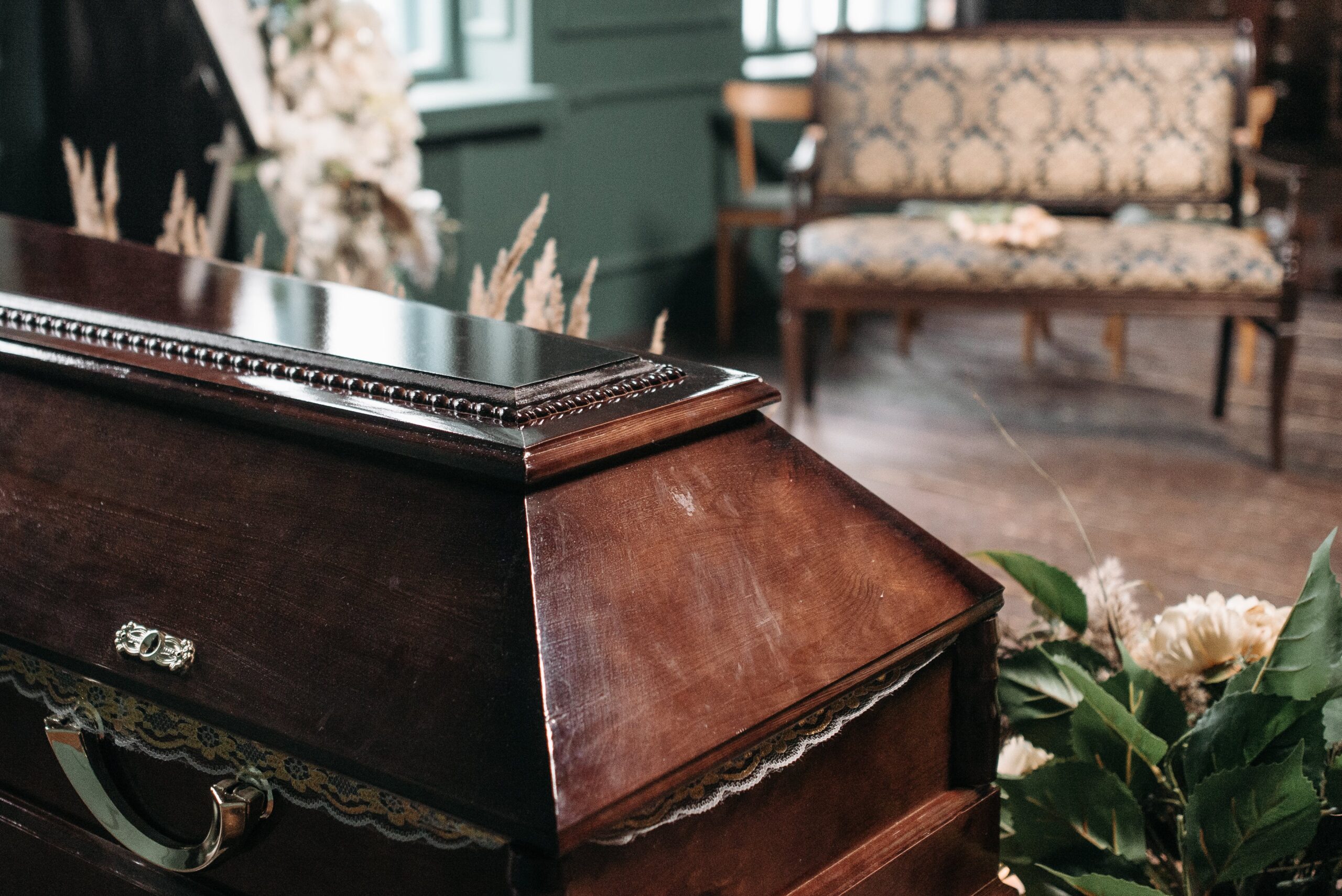
Death is an inevitable part of life and when it happens, the process of arranging a funeral and burial can be overwhelming. One of the most essential people you will need to talk to during this emotional time is a funeral director. Funeral directors are experts in planning funeral services, and they are there to help you during this difficult time. In this article, we will cover everything that you need to discuss with a funeral director to make funeral planning easier for you and to ensure that you are giving your loved one a proper send-off.
Funeral Service Options
The first thing that you need to discuss with a funeral director is the type of funeral service that you want to have. Do you want a traditional service or something more contemporary? Are you leaning towards a cremation or burial? A funeral director can guide you through the different options available and recommend what would suit your needs and budget.
It is important to take time in choosing the right funeral home for your loved one’s service. Make sure to do some research and ask for recommendations from friends or family who have previously used a funeral home. When meeting with a funeral director, be sure to ask about their services and pricing, as well as any special packages they may offer. It is also important to consider the location of the funeral home and if it is easily accessible for your guests.
Funeral Necessities
You will also need to discuss the funeral necessities that you will need. This includes the casket or urn, grave markers or headstones, and any other items that you may require. Funeral directors have access to a wide array of items, and they can help you choose products that fit your budget while still honoring your loved one’s wishes.
If you are not sure where to look for these funeral necessities, a funeral director can provide recommendations. They often have connections with suppliers and can offer a range of options to choose from. You can also do your own research and bring in any ideas or preferences that you may have. The key is to be open and communicate with the funeral director so that they can assist you in finding the perfect items for your loved one’s funeral.
Transport and Accommodation
Funeral directors can also help you with transporting your loved one’s body to the funeral home, from the funeral home to the cemetery or crematorium, and in other necessary details that you will need to consider. Additionally, they can help you in finding accommodation for out-of-town guests who will be attending the funeral services.
The length of a funeral service can vary depending on the type of service and cultural traditions. Generally, a traditional funeral service can last anywhere from 1-2 hours. However, if there are additional services such as visitation or religious rituals, it may take longer. It’s important to communicate with your funeral director about the expected duration of the funeral so that you can inform guests and make necessary arrangements. They can also help you plan the order of events to ensure a smooth and timely service at any of their funeral homes.
Legal Matters
Funeral directors can guide you through the legal matters that you will need to take care of during this time. This includes obtaining the death certificate, notifying legal administrative services, and applying for any benefits or insurance policies.
Budget and Payment Options
When discussing funeral arrangements with a funeral director, it is important to also consider your budget and payment options. Funerals can be expensive, and you don’t want to add any financial burden on top of the emotional stress that comes with losing a loved one. Funeral directors can work with you to create a budget that fits your needs and provide payment options such as installment plans or financing. This can help ease the financial burden and allow you to focus on honoring your loved one’s memory.
Emotional Support
Aside from the practical details of funeral planning, a funeral director can also provide emotional support. At such times, it is easy to become overwhelmed and the funeral director can lend a positive and calming perspective to the situation.
Finding a good funeral director who can provide the necessary support during this difficult time is crucial. One way to find a reputable and trustworthy funeral director is through recommendations from friends or family members who have recently planned a funeral. You can also do some research online and read reviews from previous clients. Another important factor is to make sure that the funeral home and director are licensed and accredited by professional associations. This ensures that they adhere to ethical and quality standards in their services.
Losing a loved one can be emotionally challenging, and planning a funeral can be even more so. A funeral director, however, can help you through the process, simplifying it and taking care of the practical details that are necessary. This helpful guide has outlined everything that you need to discuss with a funeral director, from the funeral service options to the legal matters to emotional support. Remember that a funeral director is always available to assist you, and they are there to help you pay your respects to your loved one with dignity and honor.


